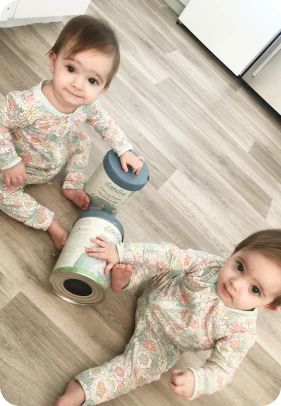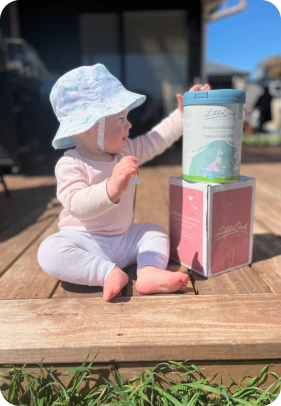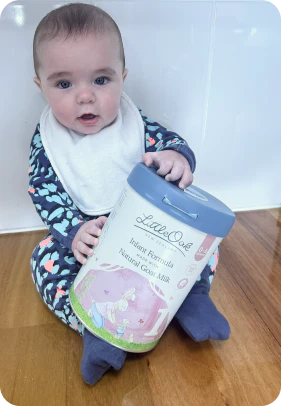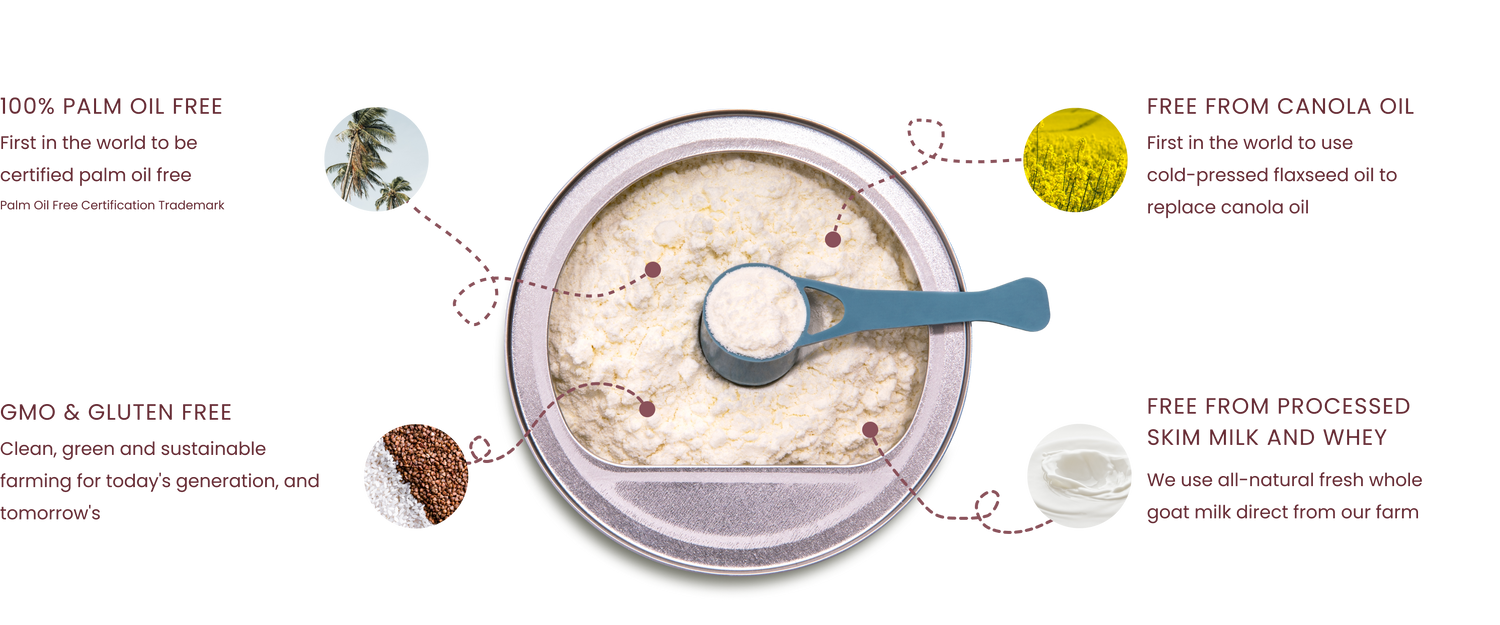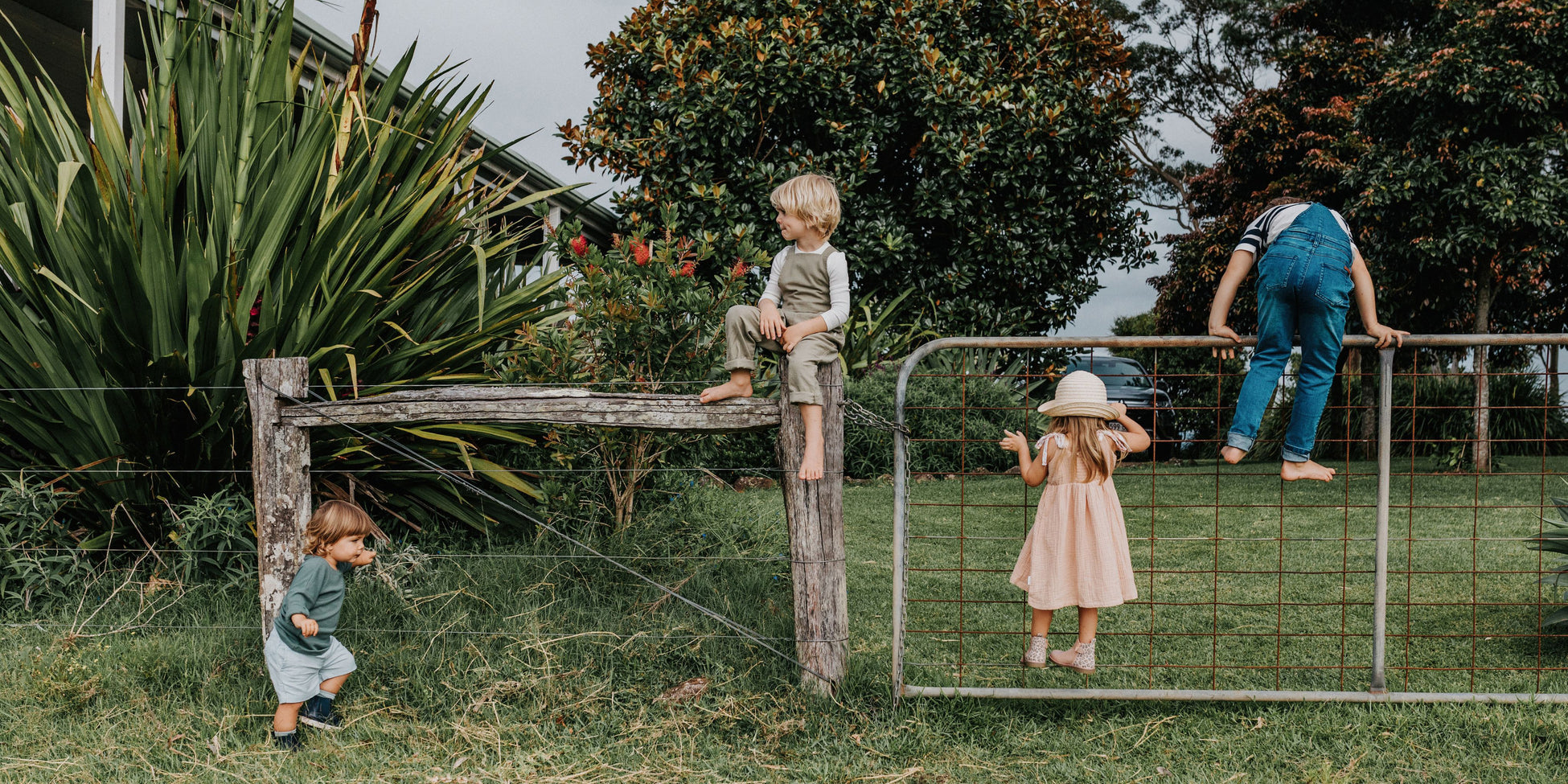Oh, the dreaded before-bed tantrums and the nighttime wake-ups – trust us, we've been there. In the transition to toddlertown, many aspects of your little one's routine are changing, and sleep is no exception. Incredibly important for development, learning, mood and behaviour, sleep is crucial to your little one’s wellbeing – and it's important to get it right. So, how do we perfect our toddlers’ sleep routine? We sat down with Katy Bourzikas, sleep expert and founder of Well Rested Wee Ones, to get her top tips.
Sleep training begins with preparation
Sleep training a bub is very different to training a toddler. A little older (and a little more opinionated), toddlers can vocalise their wants and needs, oftentimes resulting in more resistance when it's time to go to sleep. Shifting existing routines will be quite the adjustment for your little one – while this can be stressful, rest assured it’s completely normal to face some hurdles during this time. Sleep expert Katy Bourzikas shares that preparation is key, as it will help guide your toddler through new routines. Whether it’s a bedtime story, a lullaby or some before-bed LittleOak Toddler Milk, a consistent bed-time routine helps to signal it's time to get ready for bed.
The ideal nap time
Because toddlers are going to need less daytime sleep and less overall sleep than a new bub, you’ll usually see a shift around their second birthday. For your two-year old, you’ll want to reduce nap time to approximately one to one and a half hours maximum. And while we hate to disturb our little ones when they look oh-so-peaceful, it’s important they don’t snooze too long. When it comes to ideal nap times, Katy states that the “sweet spot” is between 12 and 2pm, when your little one has hit that sleepy afternoon lull. That said, it’s important that the nap ends by 3pm, as any later, it will compromise your toddler's nighttime sleep. Our little ones need to have enough awake time before bed so they can build up that sleep pressure to fall asleep at night.
Falling (and staying) asleep
Does your toddler wake up multiple times in the night? We feel you. This problem can be incredibly exhausting, but it's important to remember you’re not alone. If this is a recurring problem, you’ll need to consider your toddler’s bedtime routine as well as their daytime schedule. While we want to be there for our little ones 24/7, it’s detrimental to be overly involved during the bedtime routine – once they’ve had their story, taken their bath, and all the “I love yous” are said, it's time to leave them to it. If toddlers are too reliant on a parent laying right next to them (or holding them and touching them), they’ll seek this out in the middle of the night if they do wake up. We want to encourage our little ones to initiate their own sleep, so they can better deal with nighttime wake-ups.
If that doesn’t help, make sure your toddler is getting enough exercise during the day. Katy shared that toddlers need to be spending up to three hours of active playtime during the day – be sure to limit any relaxation or static time to one hour. This will help ensure your little one is ready for a full night’s rest.
From the team here at LittleOak, we hope you found these tips helpful. To hear more from Katy on all things toddler sleep, be sure to check out our most recent This Little Life podcast episode
And if you have any additional questions that Katy didn’t answer, visit her website here. You can also find her on Instagram and Facebook.















